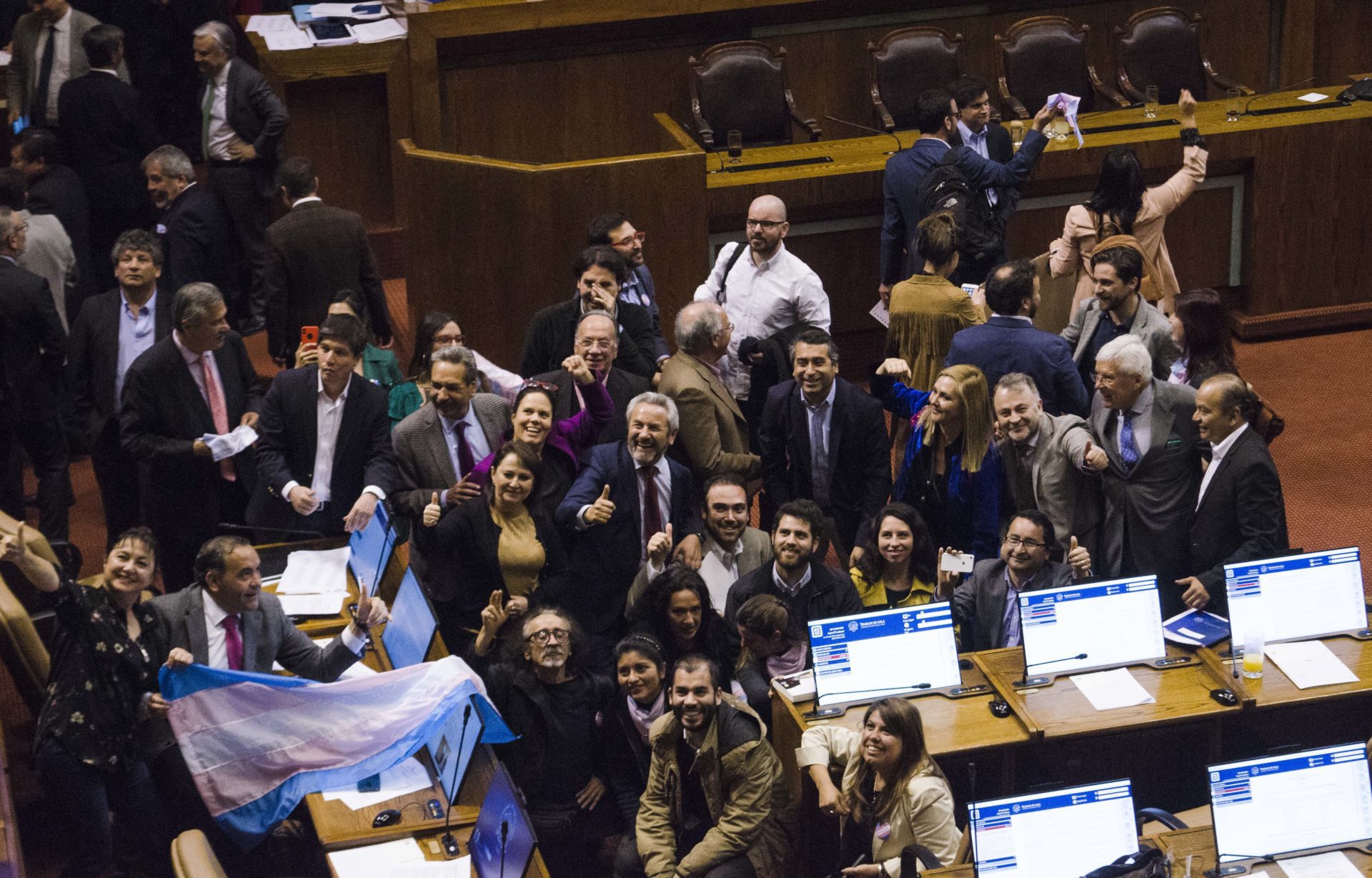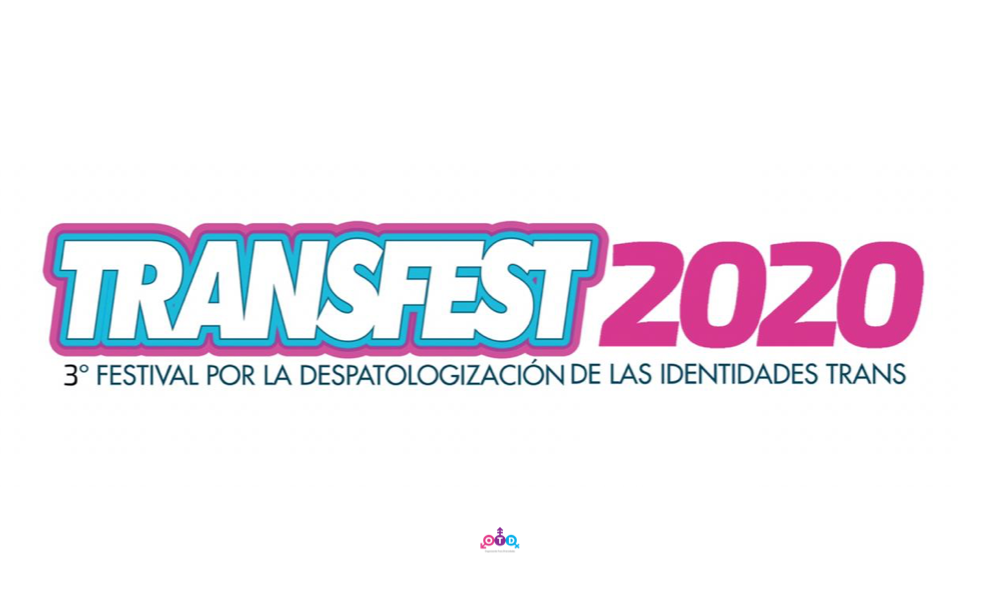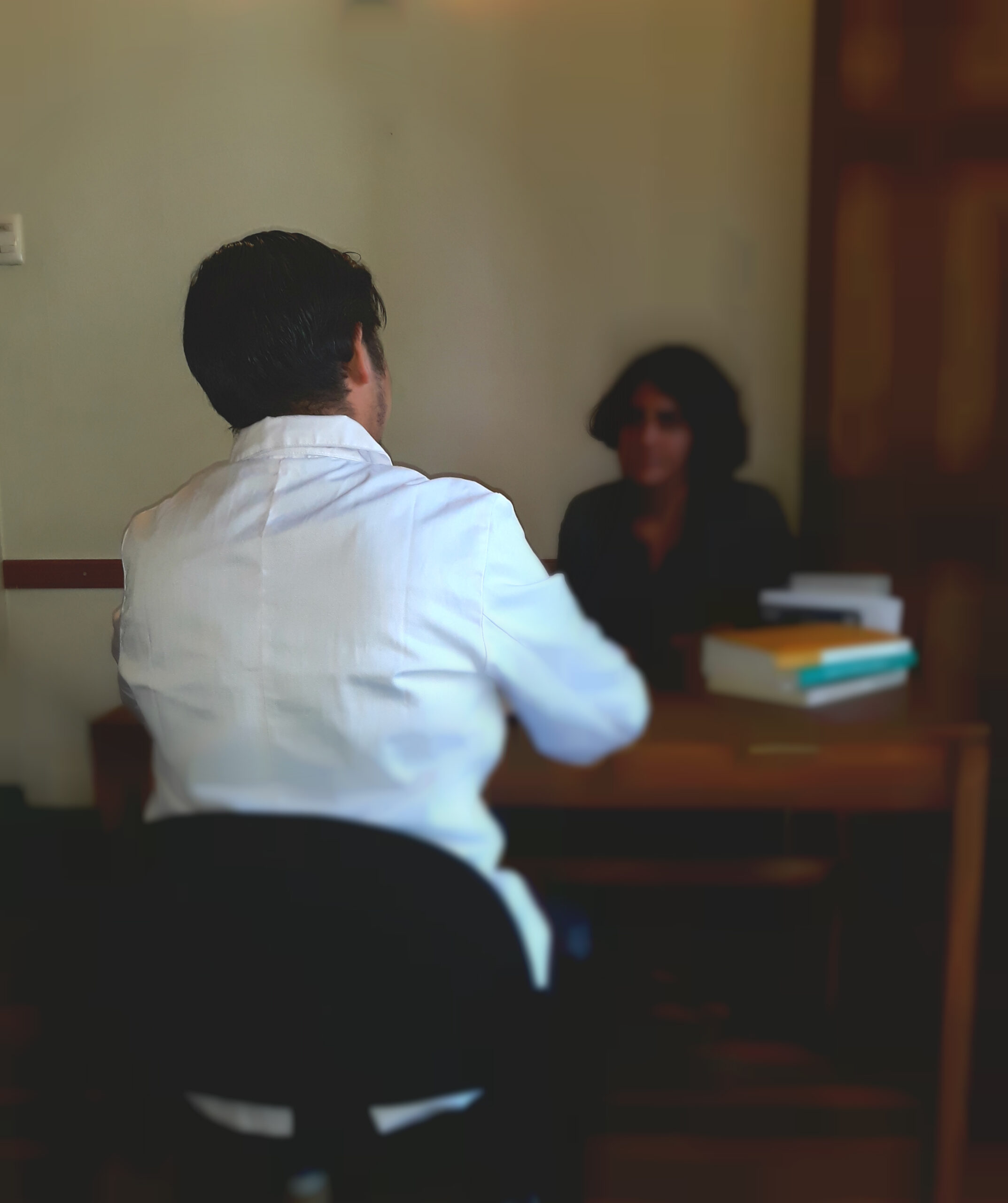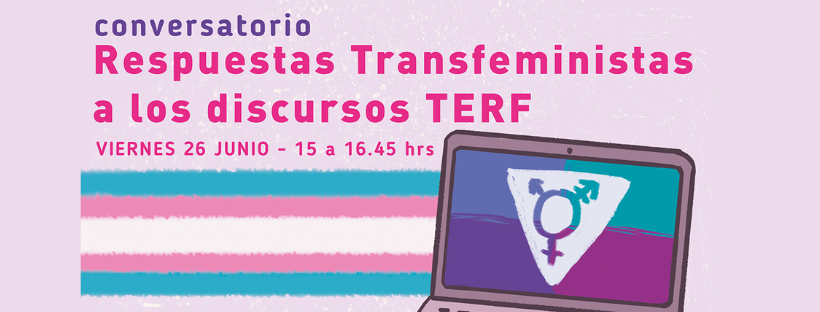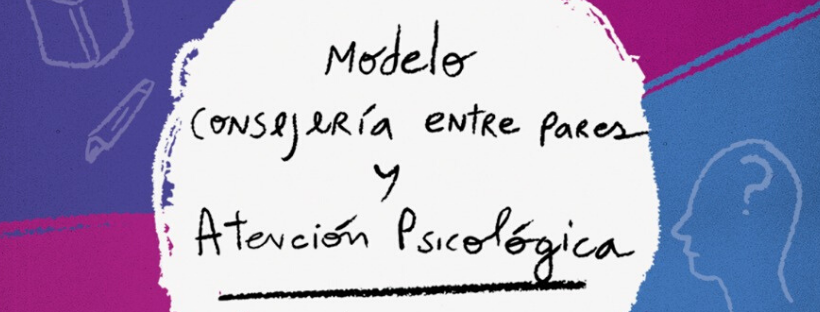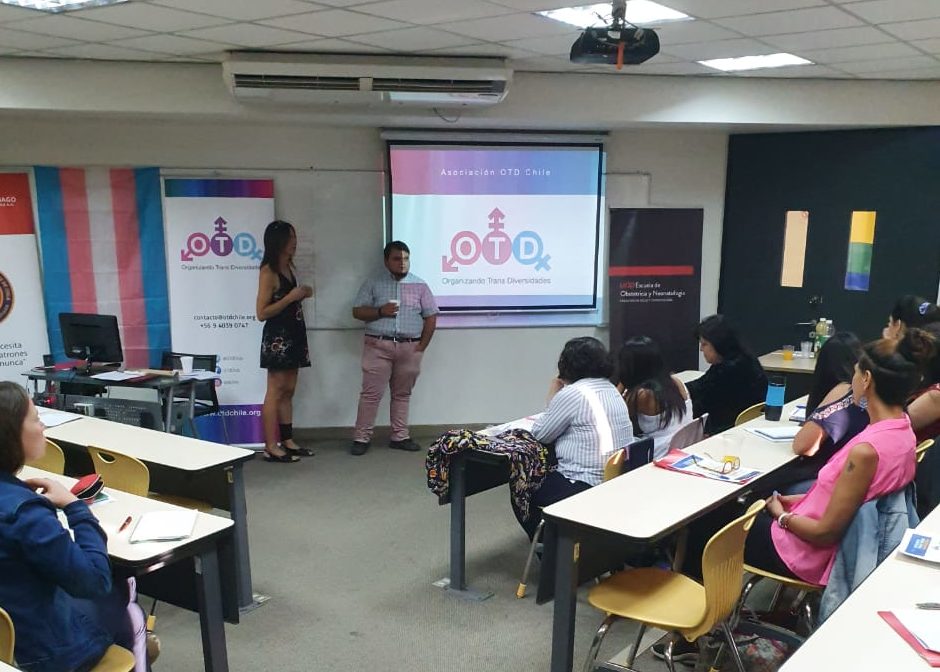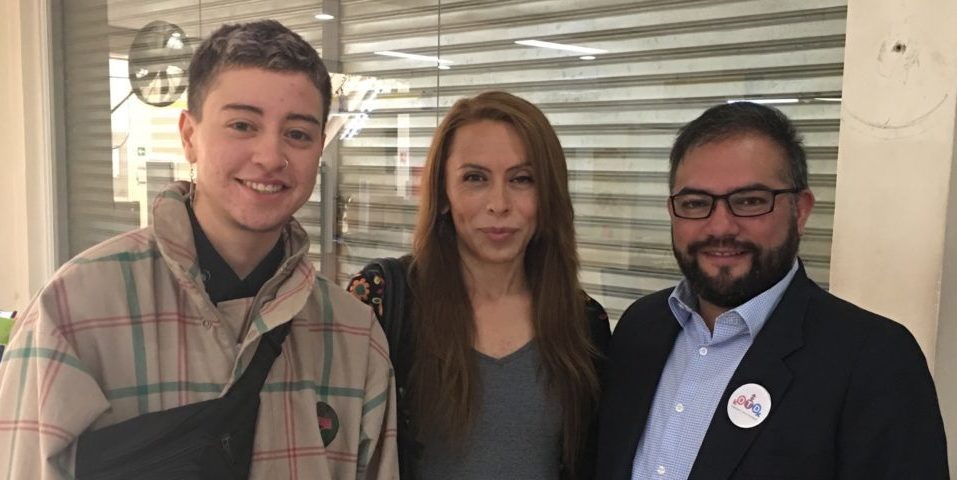The Gender Identity Act was approved with 95 votes in favor at 14:15 hours on Tuesday of September 12 by the Chamber of Deputies, ending a waiting of more than five years that the legislative processing of the project lasted.
After almost four hours of debate, the report of the Joint Committee was voted on in two packages, as had happened in the Senate. Regarding to the first package, the quorum of 4/7 was reached for the approval of the procedures for the change of sex in birth registration in family courts, to which must go the persons older than 18 years of age who are married, and those under 18 and older than 14 years of age. It was also included in this package the change of sex in birth registration with a fast-administrative procedure before the Civil Registry for persons older than 18 years of age who are not married and the procedure for foreign persons.
Regarding to the second voting package, a majority was reached with 77 votes in favor and 66 votes against, despite the quorum did not reached the 4/7 to establish a procedure before the family court, the article 18 should be considered approved, which establish the right of the persons under 14 years of age to access to the change of sex in the birth registration but without establishing neither attributions nor procedures before especial courts. At least, as indicated in the official letter 14.212 of the Internal Regime Committee of the Chamber of Deputies, evacuated after the vote.
Through twitter, the Senator Jaime Quintana (PPD) highlights that this rule must be considered as approved.
Matías Valenzuela, legal advisor of OTD Chile, said that “without such regulation of the special procedures, it should be understood that the right of children under 14 years of age to the change of registered sex, should be processed before the common competition courts, that is to say, the civil courts, which are those which until today have known and approved the applications for rectification of birth certificates for minors under 14 years of age”. The Chamber’s report must be presented before de Senate the next Tuesday 25, after national festivities, before informing to the President Piñera, so then it can be submitted to a preventive control before the Constitutional Court.
The deputies’ intervention was marked by references to the international standard of the human rights on trans population, and for other hand, also by pathologizing speeches. The deputy Bellolio (UDI) in his speech reported continuing threats that have received by some evangelic shepherds, who have insulted him by messages through social media and cellphone directly. Continuing the tone, the deputy Pablo Vidal (RD) pointed out that the leaders who oppose to the project, do not represent the feeling of the whole Christian community.
Same as in the Senate, almost all the votes came from the opposition, but there were surprises. Despite Matias Walker (DC) firmly boosted the inclusion of minors in the Joint Committee, he was not able to align his entire party, due to his colleagues Jorge Sabag, Miguel Calisto and Manuel Antonio Matta voted against all the project, while the deputies Raúl Soto, Joanna Pérez, Iván Flores and Pablo Lorenzini voted against the second package.
For his part, the surprise vote was from Álvaro Carter (UDI), who breaking assumptions, aligned with Jaime Bellolio (UDI) and voted in favor of the firt package, same as the other ten deputies of RN, who joined the initiative of the government, expressed by the Minister of Justice and Human Rights, Hernán Larrain (UDI).
Franco Fuica, legislation and public policies coordinator, said that the article 18 is part of the law, bringing hope back that trans children have their right to registry change guaranteed. The Senate must review the voting, with this we wait eager the enactment of the law.
Photography: Javiera Salgado Herrera.
Translated by: Javiera Saavedra R.
